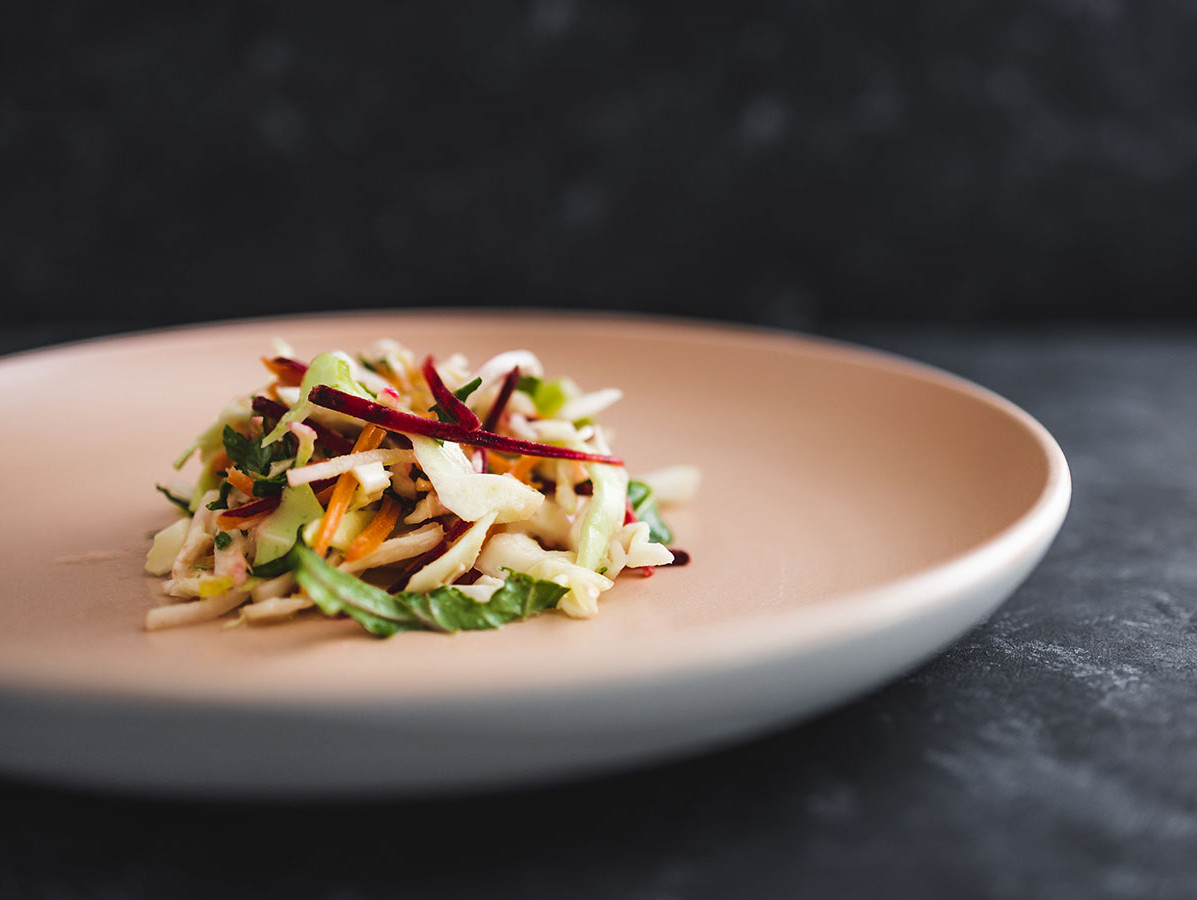
Amber Werkman, a PhD candidate in marketing at the University of Groningen, presents an innovative approach in the battle against overconsumption and food waste: promoting smaller portion sizes. Her research focused on popular snacks such as Oreo cookies and stroopwafels, examining the impact of portion size on snacking behavior and waste.
Her study found that consumers snack and waste less when they can determine their total portion using smaller units. The reasoning behind this is twofold: smaller units create the sensation of eating more, leading people to stop sooner, and allow consumers to more accurately gauge their needs, resulting in less waste. This concept of choosing portion sizes was central to Werkman's experiment, where she tested participants' reactions to different sizes of stroopwafel portions.
The research demonstrates the effectiveness of portion control in combating both overconsumption and waste. Werkman notes that while the focus should be on the consumer, the practical application can sometimes be challenging. Nevertheless, her findings indicate a positive consumer response to smaller units, offering a new direction for retailers and supermarkets.
Werkman emphasizes that her research doesn't provide a universal solution but highlights interesting applications. For instance, in pizzerias where the standard is to order a whole pizza, offering smaller portions could help reduce food waste. The ability of consumers to align their needs with the available portion sizes appears to be a key factor in reducing both consumption and waste.
Despite her passion for sustainability and health, Werkman acknowledges that her findings sometimes conflict with traditional marketing principles, often focused on increasing consumption. However, her research offers a perspective that could be appealing to both consumers and sellers, particularly as consumers become more conscious of their consumption patterns.
Reflecting on her research, conducted during the COVID-19 pandemic, Werkman discusses the challenges and successes of her academic journey. Alongside her scientific endeavors, she found balance in sports, particularly football. Werkman now looks to the future, hoping to apply her knowledge in a practical setting, possibly outside the academic world, aiming to contribute to a more sustainable and healthier society.
Source: Rijksuniversiteit Groningen